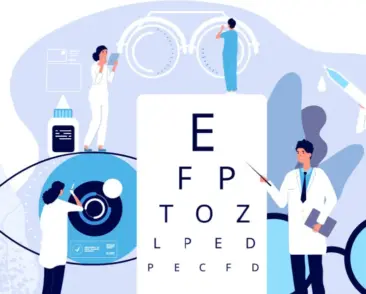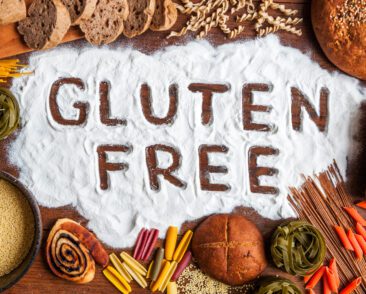Fall harvest is upon us. Historically, it’s the time when we talk about gratitude. From a mind-body perspective, the practice of gratitude has many benefits. Before we look at some of the specifics of what gratitude can do for our mental and physical health, let’s talk about some ways to start incorporating gratitude practices into our daily habits.
We’ve included 3 easy ways to practice gratitude below:
3 Ways to Practice Gratitude
- Journaling
One of the easiest ways to get started with the practice of gratitude is through journaling. Ideally, you should find a quiet place, free from distractions, and allow yourself to write out a free-form list of what you are grateful for each day. When creating your list, it’s important to write out your thoughts without censoring or judgment. A best practice is to use a consistent format, such as the phrase “I am grateful for . . .” When you are done writing your list, read it back to yourself, and say thank you after each statement to help anchor it. At the end of the day, before you head to sleep, read your list aloud one more time, again saying thank you after each statement.
- Random Acts of Kindness
Another way to practice gratitude is to look for simple moments throughout each day when you can practice random acts of kindness. This might be buying the person behind you in line a meal or leaving a note of appreciation for a service provider. Or perhaps taking a co-worker to lunch, making an unexpected donation to a group, or taking out your elderly neighbor’s trash. It’s about paying it forward in word, act, or deed for others so that you are making the world a little bit better one act at a time.
- Volunteer
Giving back to the community is a great way to feel purposeful in our lives, and often helps us to remember to be grateful for all we have.
The Mind-Body Connection
Research has shown that practicing gratitude can actually have a measurable impact on our health and psychological well-being. Journaling activities like the one mentioned can improve our long-term happiness by 10%!
And, writing in that same journal, can help you to sleep better. Who doesn’t need to sleep better? (psychologytoday.com)
Better yet, additional studies have shown that gratitude can reduce stress and play a major role in reducing trauma. (Forbes.com)
With all these different proof points, what are you waiting for? Today seems like the perfect day to get started by saying thank you, we’re grateful that you’re here sharing this blog.




